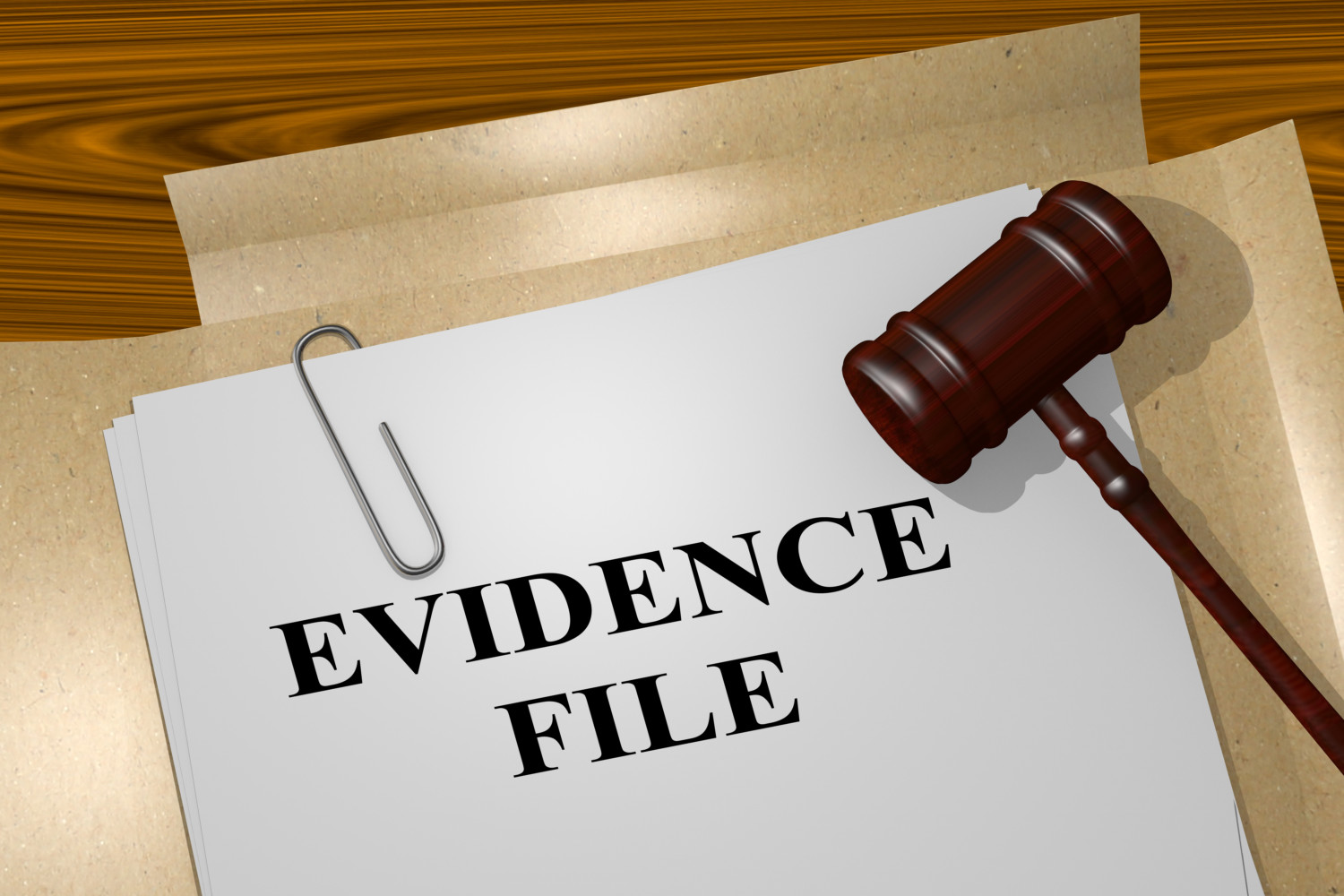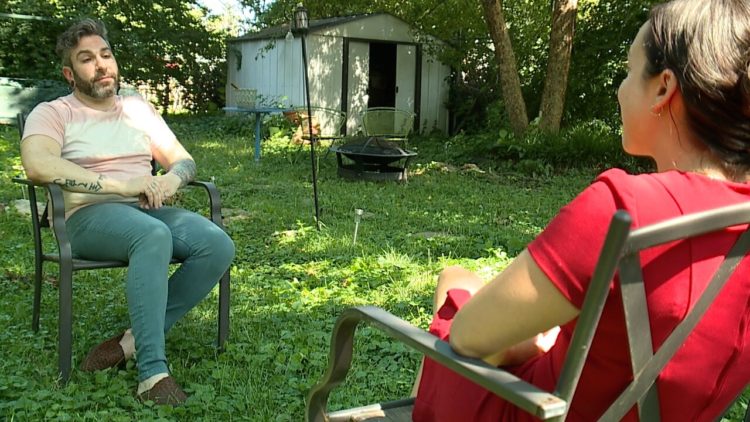6 things lawyers wish everyone knew about the legal system

Watching a few courtroom dramas doesn’t make you an expert on the law (and those TV judges might even give you the wrong impression of how it works). Sure, you could go your whole life no closer to a criminal charge than a parking ticket, but it pays to know the basics.
Here’s what real-life lawyers wish everyone knew about the legal system.
1. The Law Is All About Proof
The law doesn’t care about what you know, only what you can prove.
“I have plenty of people who come to me claiming they know that someone is harassing them or otherwise violating their rights, but no hard proof that we could present to a court,” Ruth B. Carter, attorney and owner of Carter Law Firm, PLLC, in Phoenix, Arizona, says. “The law doesn’t care about your feelings. Just because you’re upset, it doesn’t mean you have a legal case.”

2. You Don’t Have To Speak To Law Enforcement
If you’re approached by a law enforcement officer, they are in interviewing mode and don’t have to read you your Miranda rights. However, if you say something that is not in your own interest, it can — and will — be used against you.
“Law enforcement does not read you your rights until they begin the interrogation phase of questions,” Jeffery T. Van Fleet from Brown & Hiser, LLC in Laramie, Wyoming, says. “The difference is subtle but important.”
The bottom line? Don’t speak to law enforcement without your attorney present.

3. Ignorance Is Not A Defence
If you break the law, it’s not enough to act dumb.
“The average citizen often behaves as if ignorance of the law is an adequate defense,” David Reischer, attorney and CEO of LegalAdvice.com, says. “However, in reality, not knowing the law is simply not a defense for a criminal or civil act in the vast majority of cases. I wish clients would better understand the potential consequences of engaging in risky behavior and understand how the legal system oftentimes disregards ignorance of the law as a valid defense.”

4. The Legal System Isn’t As Daunting As You Think
The best way to protect yourself from civil or criminal court action is to know the laws of your jurisdiction that are relevant to you, such as traffic, real estate, criminal and commercial. But if you do end up getting sued, the legal system isn’t as intimidating as it might seem.
“Having an open dialogue with your attorney and providing all relevant information will ensure that the process is resolved with as little anxiety as possible,” Anthony Kroese from Goldberg Segalla, a law firm with multiple U.S. locations, says. “Above all else, be truthful. Often any repercussions can be mitigated or eliminated.”

5. Litigation Is Lengthy (And Best Avoided)
Yes, many legal matters end up in court — but it’s not the only option, and many lawyers advise avoiding litigation wherever possible.
“Litigation is extremely expensive and rarely does a case justify the cost,” Allison Beckham, attorney and owner of A. Beckham Law, PLLC, says. “Once you start a lawsuit, most defendants will try to counter-sue, which takes away any option for the plaintiff to abandon the lawsuit if it gets too expensive. You can’t put the genie back in the bottle.”
Van Fleet agrees that in civil cases there are no winners.
“Because of the time and expense of a trial, as well as the mental impact, there are no winners in a civil case,” he said. “Often breaking even is winning. This is the reason most cases are settled through negotiation. If you can reach an agreement that you like, but probably don’t love, you have obtained an outcome that is almost always better than what you will receive from a judge or jury.”
If you do litigate, be prepared for a very slow process.
“It often takes over a year, and can be double that if the verdict is appealed,” Alan Levar from The Law Offices of Alan Levar in Arkansas, says.

6. Lawyers Can’t Change The Law
Lawyers may be clever negotiators and persuasive speakers, but they’re not magicians.
“Many people misunderstand what a lawyer can and cannot do. Lawyers argue the facts and how the law should be applied to their client’s circumstances,” Paul H. Cannon from personal injury law firm Simmons and Fetcher, PC, in Houston, Texas, says. “We cannot change the law or the facts in a civil case. For example, if you chose not to purchase uninsured motorist insurance and you get hit by an uninsured driver with no assets to go after, I cannot make your insurance company pay your damages. The insurance contract is what it is. People sometimes get upset because their lawyer can’t make an insurance company pay for something the client did not purchase coverage for.”

Love true crime? Court TV is back in session! The new Court TV is devoted to live gavel-to-gavel coverage, in-depth legal reporting and expert analysis of the nation’s most important and compelling trials. The network runs 24 hours a day, seven days a week on cable, satellite, over-the-air and over-the-top.




